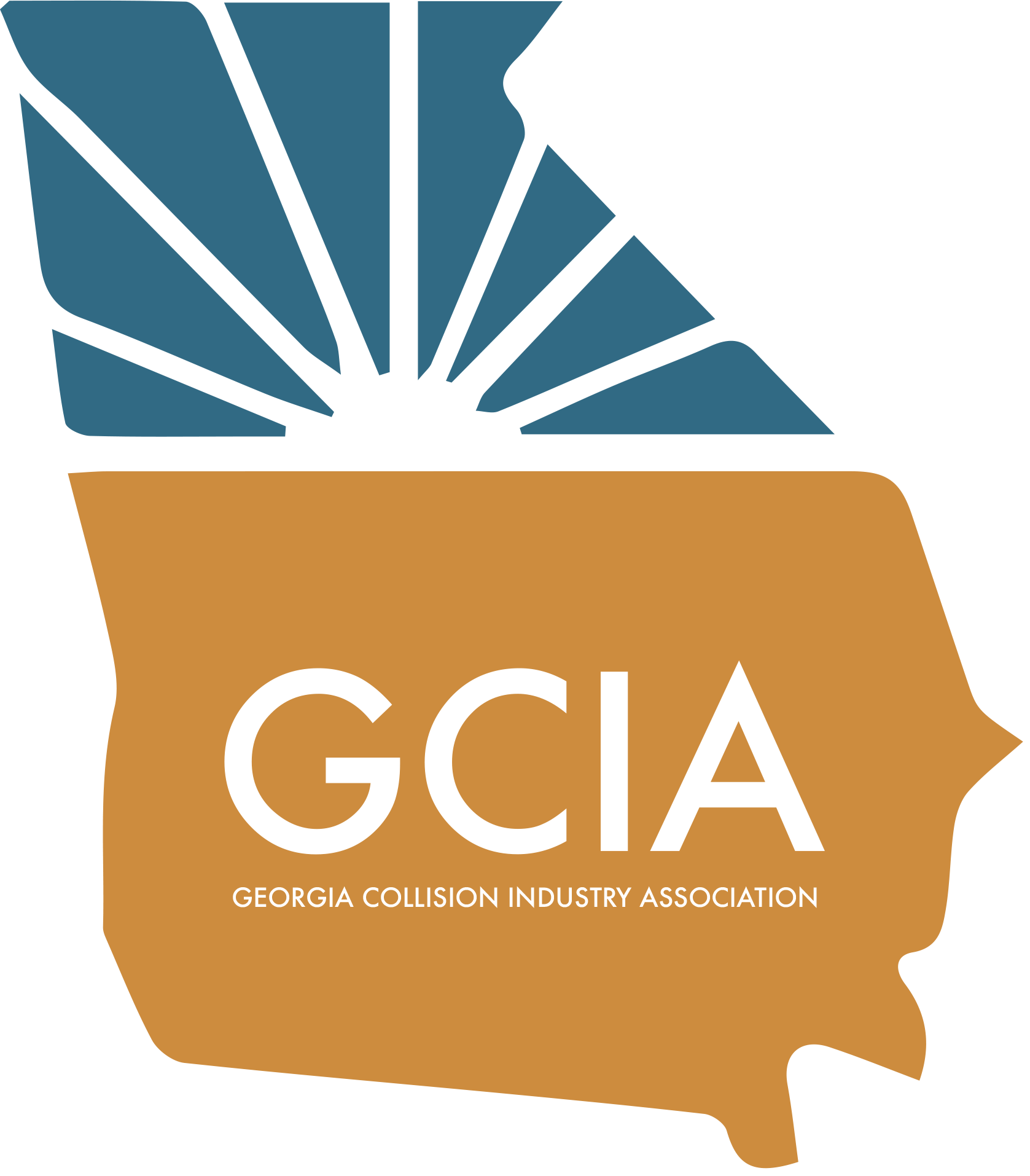THE ACCIDENT SCENE
It’s easy to say, but hard to do: Stay Calm. If you’re like most drivers who have had accidents, you may make costly, long-term decision errors immediately following an accident because fear will give way to anger and frustration. Questions race through your head. Was it my fault? Will my car ever be the same? What are my rights and responsibilities? A calm and informed reaction to an accident will reduce your chances for additional problems and expense.
+ Check to see if anyone is injured or hurt:
If they are, seek medical assistance immediately. If no one is hurt or injured, move your vehicle to a safe place and identify yourself to the other driver. (Some state or local statutes may require the vehicle be left as is.) If your vehicle can’t be moved, turn on the hazard lights.
+ Notify the police or Highway Patrol:
Tell them who you are, where you are, and about any obvious or claimed injuries.
+ Exchange information with the other driver(s) including driver’s license numbers:
Get the driver’s name, address, telephone numbers and name of insurance company. Also, list any passengers and witnesses.
+ Get names and badge numbers of any police officers who arrive at the scene:
Anything you say to the police or the other driver can be used against you later. However, be sure to cooperate with the police officer investigating the case but stick to the facts. You may think the accident is your fault but further investigation may reveal otherwise. If the other person admits responsibility, offers a money settlement and you accept, any future claim against the driver may be compromised. You or the other party may later find damage and bodily injury not apparent at first. You should talk to your insurance agent, your lawyer or both before acknowledging any blame.
+ Do not discuss at the scene about who is responsible for damage:
Remember that you are the insured and own the car and are ultimately responsible for paying the repair bill. You may wish to direct your insurance company to pay the repair shop directly, but the payment must be in the hands of the repair agency when you pick up your vehicle. The repair shop owner will look to you for payment and you should look to the insurance company for payment.
+ If the officer issues you a citation, sign it:
A citation has nothing to do with your guilt or innocence. When you sign, you promise to appear in court. If you do not sign the citation, the police officer could possibly arrest you. You may want to talk with your lawyer before you pay a fine or plead to the charges. If you plead guilty, you may hurt your chances of collecting damages from the other driver later. Or, you may help the other driver to collect damages from you.
+ Try to write a complete description of the accident as soon as possible:
Include weather conditions, estimated speeds, and as much precise information as you can observe. Take photographs if a camera is available.
+ Have the vehicle towed or driven to a collision repair facility of your choice:
Insert link of GCIA shops
+ Notify your insurance company of the accident as soon as possible.
Make sure to let your insurance company know about the accident as soon as possible.

